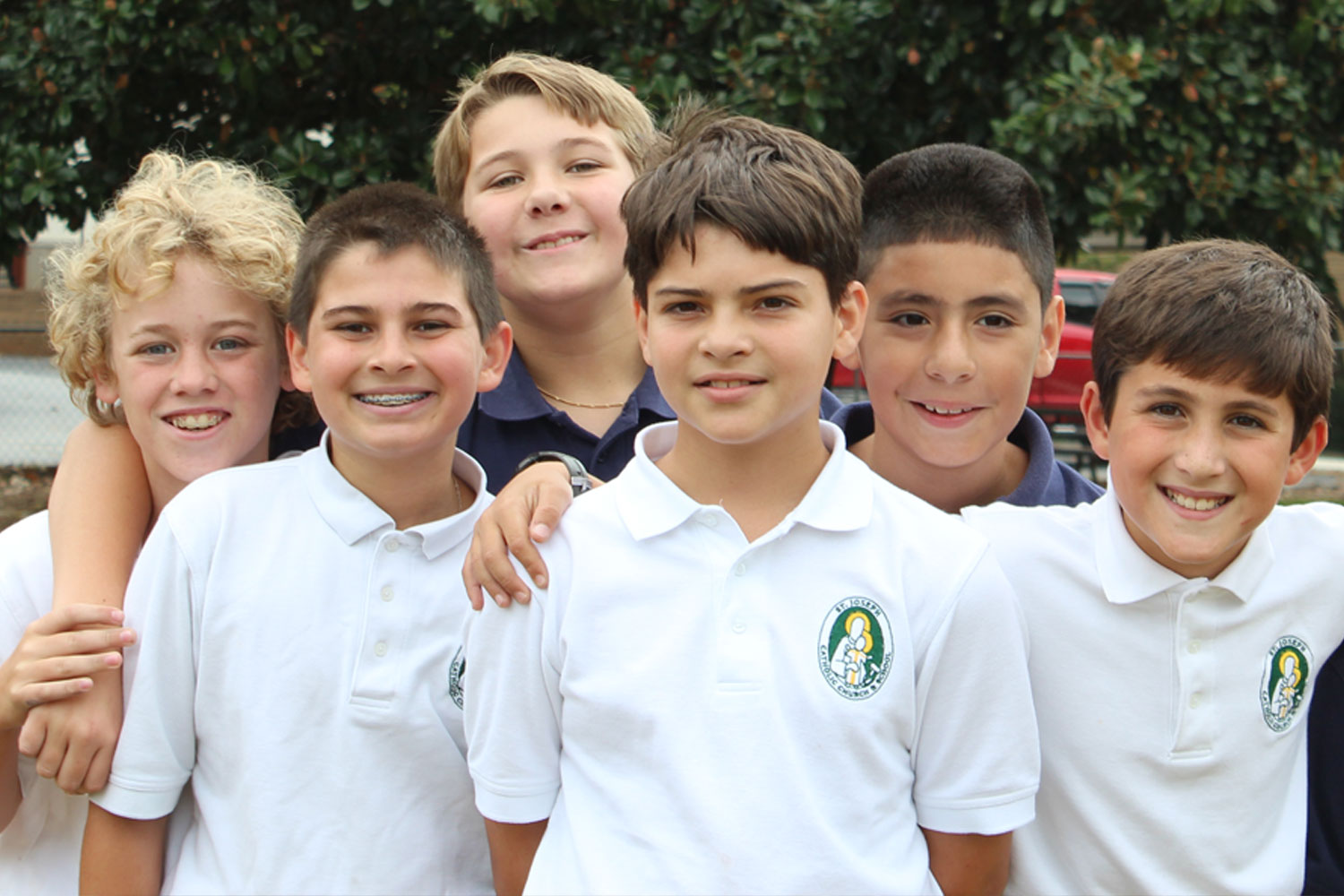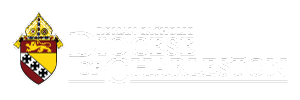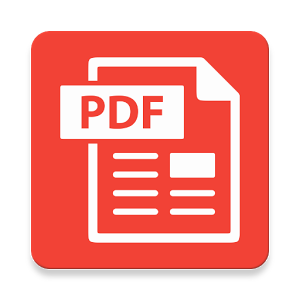
Academic Standards & Curriculum
Catholic schools in the Diocese of Charleston provide meaningful, engaging learning experiences and faith formation through relevant and rigorous curriculum. All curriculum developed in the diocese is based on competitive standards and current curricular research; it draws on the expertise of our teachers and administrators.
Teachers and school administrators from across the state come together to review, update, and restructure the academically rigorous standards of one subject each year. These standards include the concepts and skills that students are expected to demonstrate mastery in each grade level and serve as expectations for all students in the Diocese of Charleston, so they are prepared for college, career, and life. From these standards, curriculum guides are created which are infused with the faith and outline key concepts, clarifying questions, and differentiated instruction.
Through the curriculum development process, the following National Catholic Standards and Benchmarks for Catholic Elementary and Secondary Schools are used to ensure our curriculum is faith infused and focuses on the mission of our Catholic Schools:
- 7.1 — The curriculum adheres to appropriate, delineated standards, and is vertically aligned to ensure that every student successfully completes a rigorous and coherent sequence of academic courses based on the standards and rooted in Catholic values.
- 7.2 — Standards are adopted across the curriculum, and include integration of the religious, spiritual, moral, and ethical dimensions of learning in all subjects.
- 7.3 — Curriculum and instruction for 21st century learning provide students with the knowledge, understanding and skills to become creative, reflective, literate, critical, and moral evaluators, problem solvers, decision makers, and socially responsible global citizens.
- 7.4 — Curriculum and instruction for 21st century learning prepares students to become expert users of technology, able to create, publish, and critique digital products that reflect their understanding of the content and their technological skills.
“Go into the whole world and spread the good news. Go therefore and make disciples of all peoples. Baptize them and teach them to carry out everything I have commanded you.” (Mk. 16:15)
Cyclical Curriculum Development Timeline
The Diocesan Curriculum development is a cyclical process. In order to accommodate the changing needs of our current and future students, each curriculum will be reviewed and modified every five years. Religion content will be reviewed with each cycle of the core content areas. The current cycle order includes:
2021-22
- English Language Arts
- Next Generation Science Standards (NGSS), adopted
- International Society for Technology in Education Standards (ISTE), adopte
2022-23
- Math
2023-24
- Social Studies, Co-Curricular Subjects (Language, Art, Music)
2024-25
- Science and Technology
“Catholic schools afford the fullest and best opportunity to realize the fourfold purpose of Christian education, namely, to provide an atmosphere in which the Gospel message is proclaimed, community in Christ is experienced, service to our sisters and brothers is the norm, and thanksgiving and worship of our God is cultivated.” (U.S. Conference of Catholic Bishops, 2005)
Classroom Curriculum
Each school in the diocese is unique and tailors the curriculum, “what we teach” and “how the students are taught,” based on the individual needs of the school/ students. Teachers are responsible for developing the classroom curriculum that their students will experience each day.
The Classroom Curriculum includes specific activities, experiments, simulations, readings, and other content from which students will learn the concepts and skills in the Diocesan Curriculum. It also includes the instructional strategies that teachers use to teach the concepts and skills, as well as the assessment strategies used to guide instruction and evaluate student growth.
Each teacher’s Classroom Curriculum should be developed under the leadership of the principal and attend to the needs of his or her own students, the expectations and priorities of the parents, the teacher’s judgment about what is in the best interest of his or her students, and the traditions and charisms of the school.


